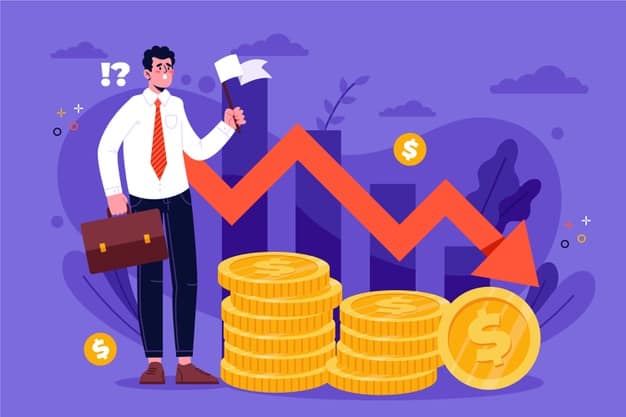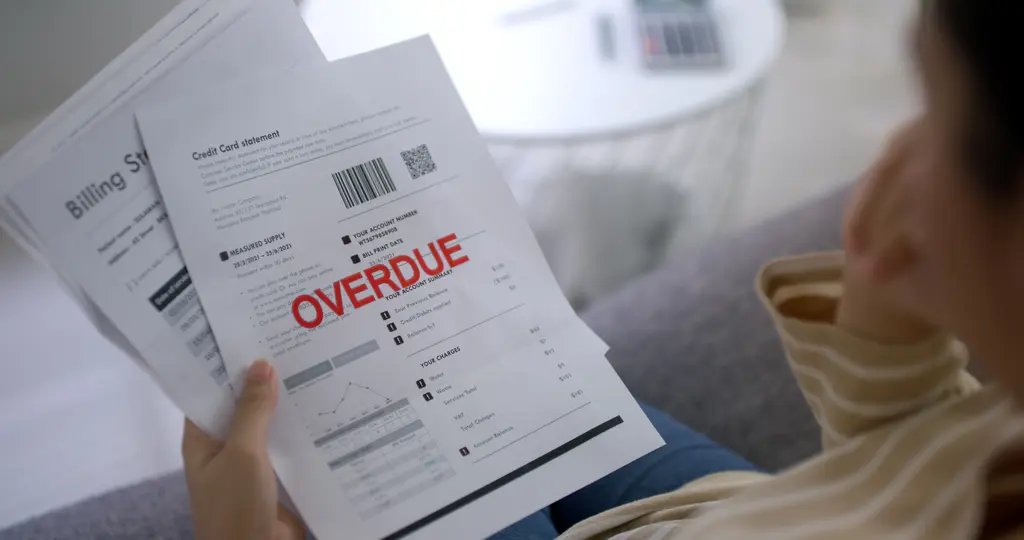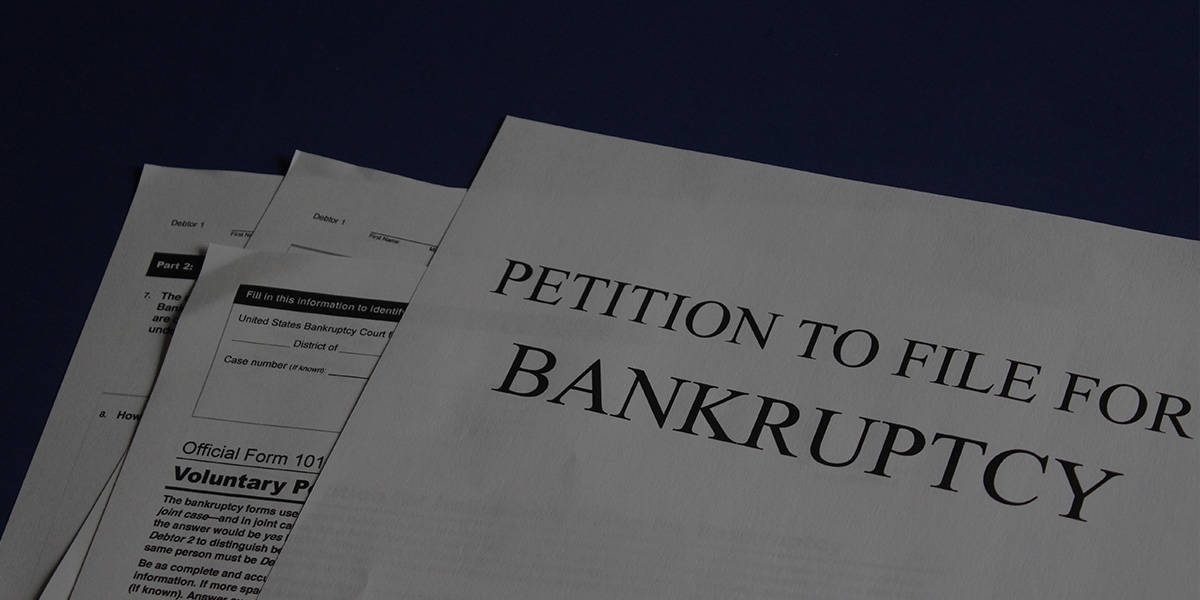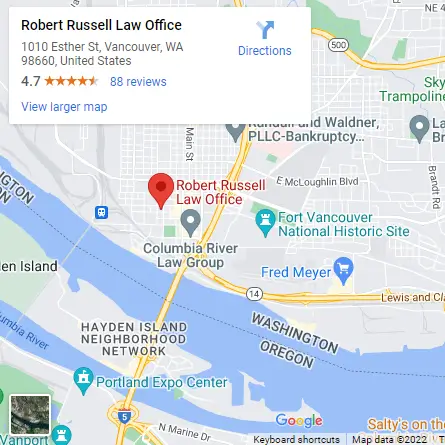Filing bankruptcy is a legal proceeding that may have long-term financial and credit consequences. It is important to understand how bankruptcy law and the different bankruptcy chapters work before actually declaring bankruptcy.
If you are considering bankruptcy, one of the most important decisions you have to make is to choose which type of bankruptcy is the right choice for you. These bankruptcy chapters correspond to portions of the United States bankruptcy code that detail how the debt will be handled during the bankruptcy process. Getting legal aid from reliable Vancouver bankruptcy attorneys is highly advisable before you file for bankruptcy.
This article will answer the questions:
- What is bankruptcy and how does it work?
- What are the qualifications when you file for bankruptcy?
- In bankruptcy Chapter 7 and Chapter 13, do I have to repay all types of debt?
- How does it affect your credit score?
- How to file bankruptcy?
- Why should you hire a bankruptcy lawyer?
What is bankruptcy and how does it work?
 Bankruptcy filing is a way to eliminate or reduce the amount of debt that you owe. Filing for a bankruptcy petition will enable a debtor to repay debts to his or her creditor. It is often treated as a last resort after all other solutions are explored. Most debtors declare bankruptcy under Chapter 7 or Chapter 13 bankruptcy. The most significant distinction is what happens to your assets:
Bankruptcy filing is a way to eliminate or reduce the amount of debt that you owe. Filing for a bankruptcy petition will enable a debtor to repay debts to his or her creditor. It is often treated as a last resort after all other solutions are explored. Most debtors declare bankruptcy under Chapter 7 or Chapter 13 bankruptcy. The most significant distinction is what happens to your assets:
Chapter 7 or liquidation bankruptcy involves selling a part or all of your assets for you to pay back your debts. In case that you do not own any property and have a tight budget, this is generally the best option for you.
Chapter 13 or reorganization bankruptcy allows the filer to keep his or her properties. There is a debt repayment plan that would last up to three to five years.
What are the qualifications when you file for bankruptcy?
The key factor that determines your qualification is your monthly income. Your salary must be less than the median income in your state or you must pass the bankruptcy means test to evaluate whether you may fairly be expected to pay off debts through your disposable income.
In filing Chapter 7 and Chapter 13, do I have to repay all types of debt?
This varies depending on the type of debt that you owe. Unsecured debts such as credit card bills and medical bills are both discharged with bankruptcy filings, which means you do not have to pay these debts.
When you file for a bankruptcy petition under Chapter 7, debts are discharged once the bankruptcy court approves your bankruptcy case. If you choose to file under Chapter 13, you must continue making payments throughout your payment plan. Once you have completed your repayment plan, unsecured debts will then be eliminated.
However, not all types of debts may be discharged when you declare bankruptcy. Non-dischargeable debts include student loan debt, certain tax debt, car loans, child support, and alimony. Some of the secured debts may be reduced under Chapter 13 through a “cramdown”, in which the approved repayment plan reduces the amount you owe.
How does it affect your credit score?
As time goes, the impact on your credit score will lessen. In Chapter 7, bankruptcy can be on your record for up to ten years while in Chapter 13, bankruptcy remains visible for up to seven years. Your credit situation is not ideal but you can take advantage of the extra time to effectively manage your obligations and make on-time payments.
How to file bankruptcy?
Filing for bankruptcy will cost you money but you can request the court to waive your charge or allow you to make monthly payments. If you file on your own, you must undergo a debtor education class.
You must also gather all the necessary paperwork as well as your proposal for the repayment plan under Chapter 13 bankruptcy. A bankruptcy trustee will be assigned in your bankruptcy case. He or she will review your proposal and contact your creditors before accepting it.
Whether you intend to file Chapter 7 or Chapter 13 bankruptcy, it is a good idea to seek legal advice from an experienced Vancouver bankruptcy attorney. He or she will assist you with your bankruptcy petition and help ensure that you successfully go through your bankruptcy case.
Why should you hire a bankruptcy lawyer?
Bankruptcy may be frightening but it may be the only way for you to have a fresh start with your finances without accumulating more debt. Whatever the case may be, consult a bankruptcy attorney and be knowledgeable about your rights and options. Your bankruptcy attorney will help you before and after the bankruptcy proceeding . Contact our competent Vancouver bankruptcy attorneys at Robert Russell Law Office for legal help and assistance.






